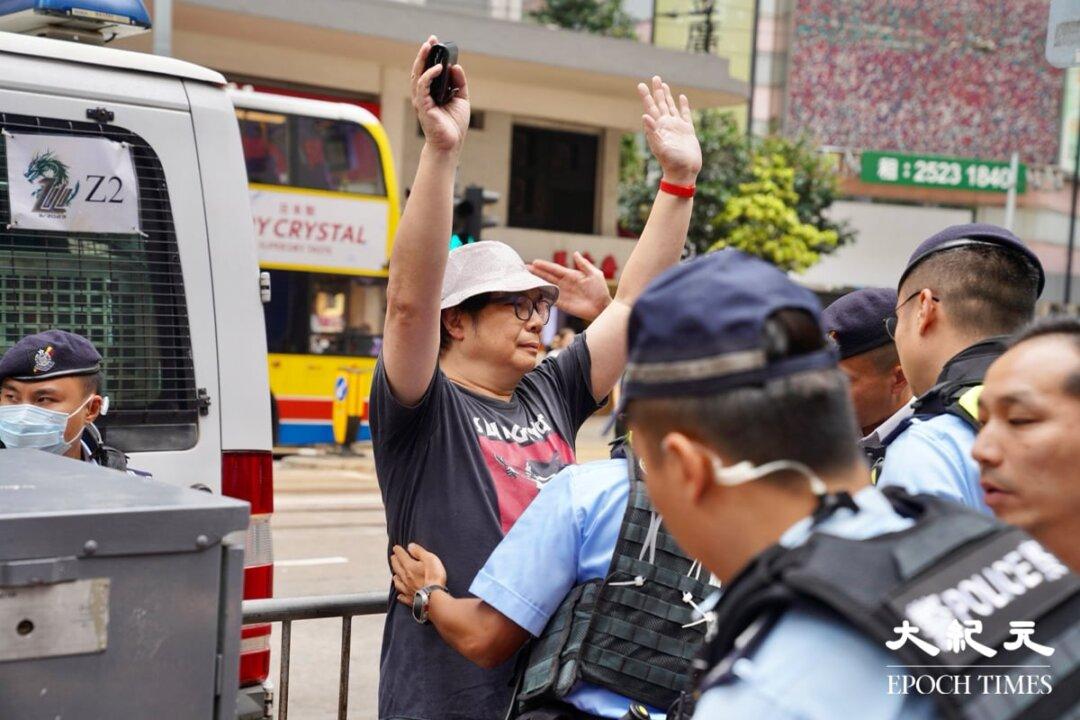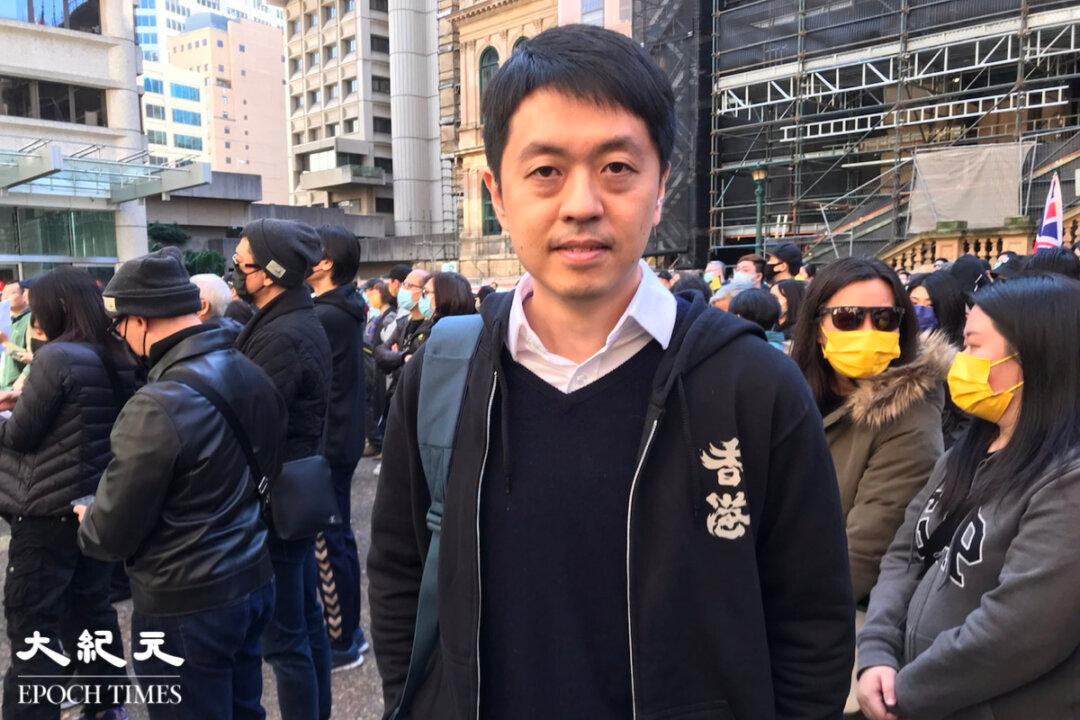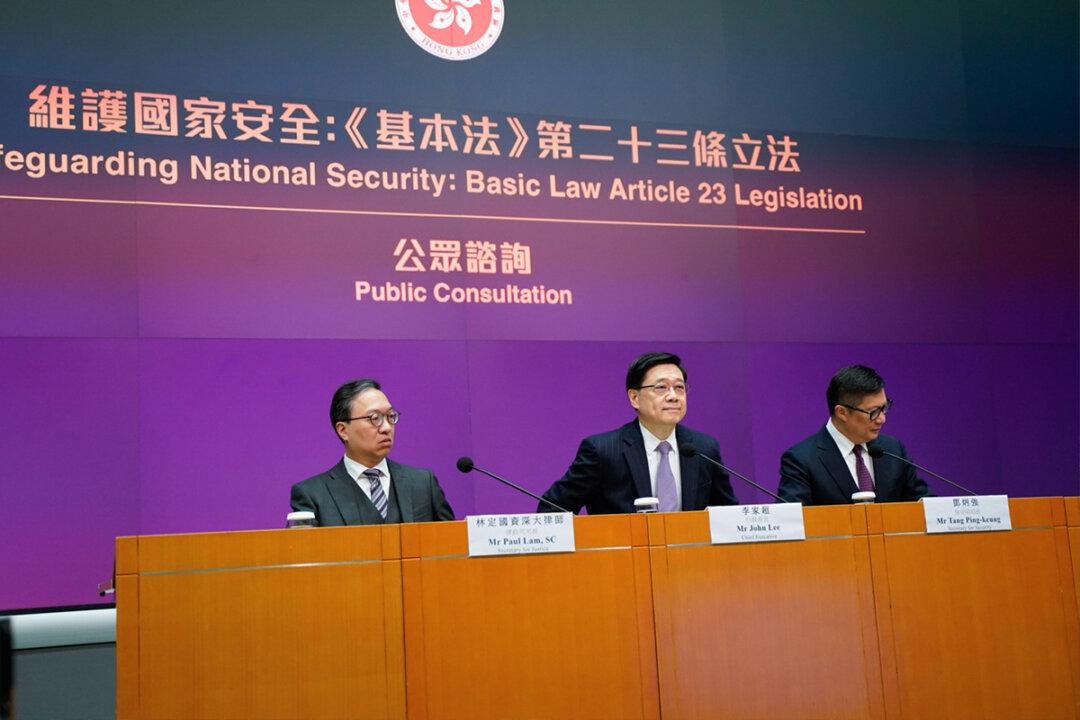The CCP’s National Security Bureau (NSB) released an article on its official WeChat account on Nov. 2 criticizing the market “bears” who are forever the pessimists targeting China’s financial institutions to shake the international community’s confidence in investing in China, with the sole intention of causing financial turmoil. It warned that these “criminal activities” to endanger the state’s financial stability will be seriously dealt with according to law.
The bureau’s statement claimed that certain countries were using finance “as a geopolitical tool” to impose sanctions on China. They condemned the “bearish forecasters, short sellers, market skeptics, and market manipulators” for profiting amid the turmoil, accusing them of “trying to undermine the international community’s confidence in investing in China” and “provoking financial turmoil in China.” The article also emphasized that national security authorities should “give higher priority to preventing and resolving financial risks,” and crack down on and punish illegal and criminal activities in the financial sector that may endanger national security in accordance with the law.




